28+ SAMPLE Short Term Action Plan
-
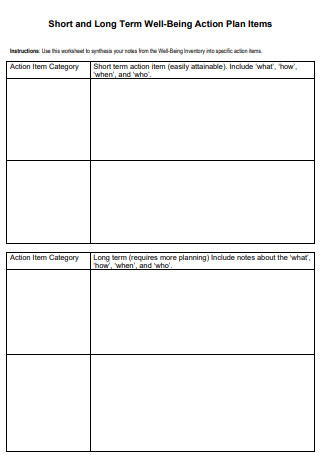
Short Term Well Being Action Plan
download now -
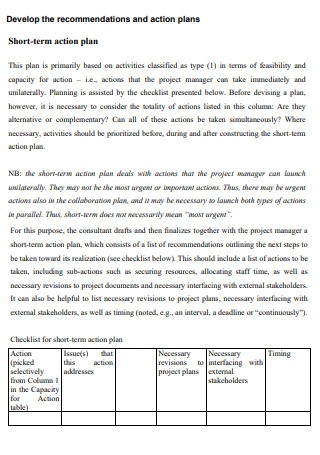
Short Term Recommendation Action Plan
download now -
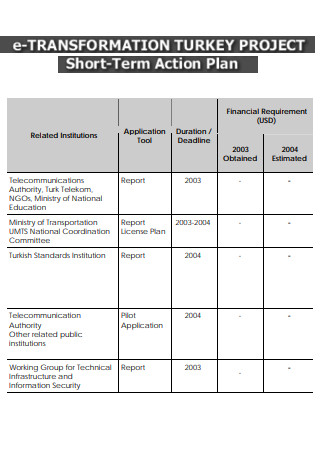
Short Term Project Action Plan
download now -
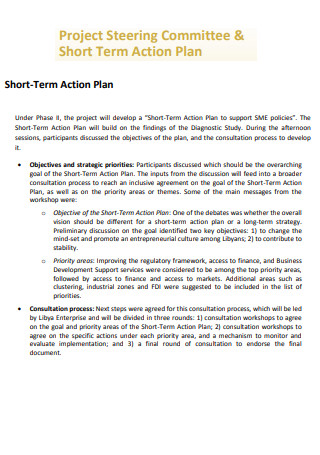
Project Steering Committee And Short Term Action Plan
download now -
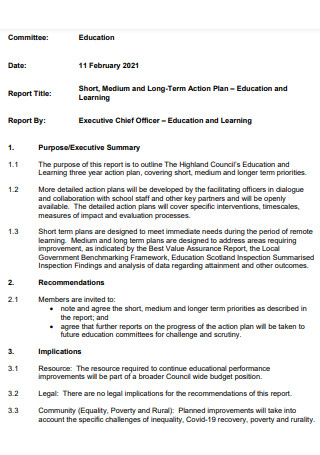
Short Term Action Plan
download now -
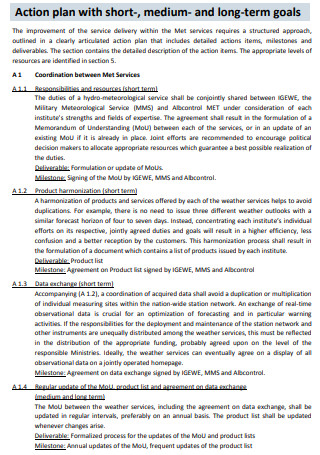
Short Term Goals Action Plan
download now -
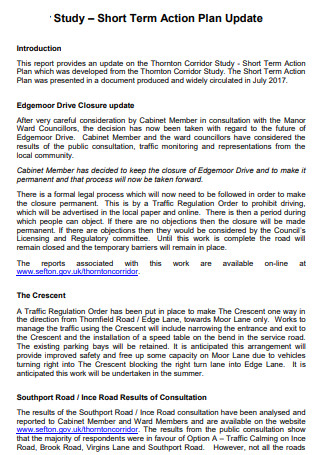
Short Term Action Plan Update
download now -
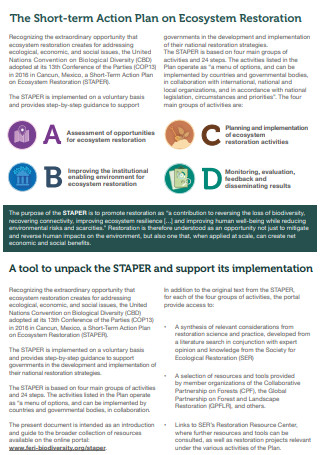
Ecosystem Short Term Action Plan
download now -

Best Practices for Short Term Action Plan
download now -

Infrastructure Short Term Action Plan
download now -
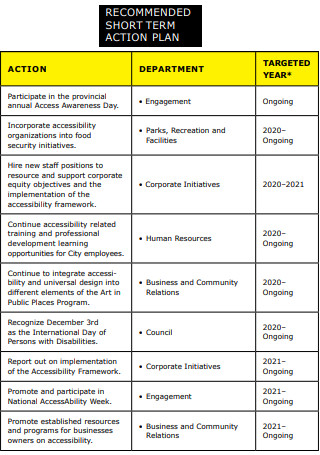
Recommended Short Term Action Plan
download now -
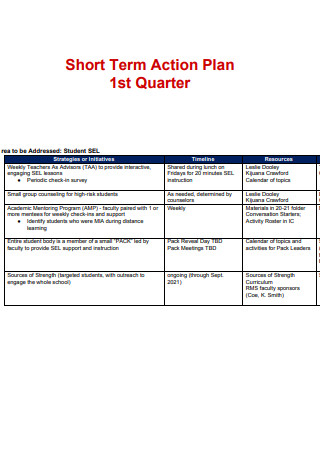
First Quarter Short Term Action Plan
download now -

Short Term Action Plan on Final Report
download now -
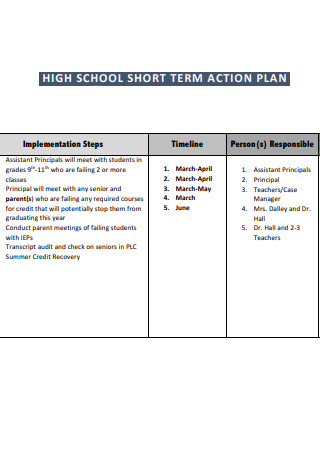
High School Short Term Action Plan
download now -
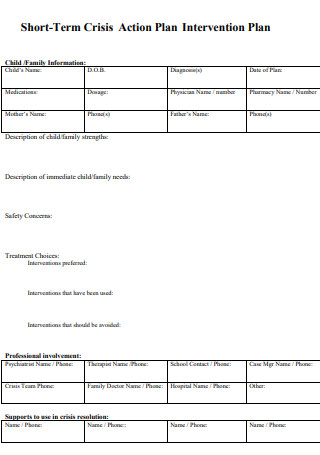
Short Term Intervention Action Plan
download now -
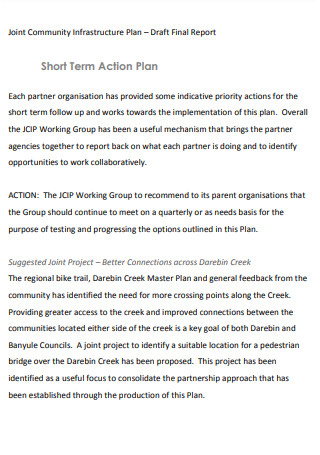
Joint Community Short Term Action Plan
download now -
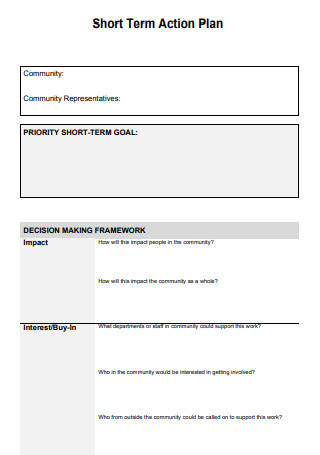
Short Term Action Plan Template
download now -
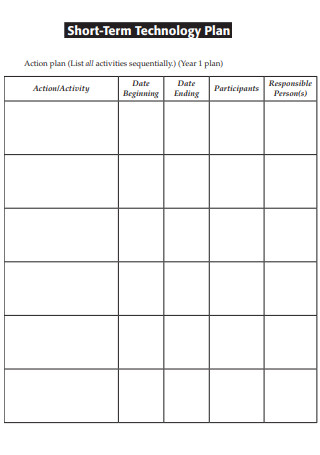
Short Term Technology Action Plan
download now -
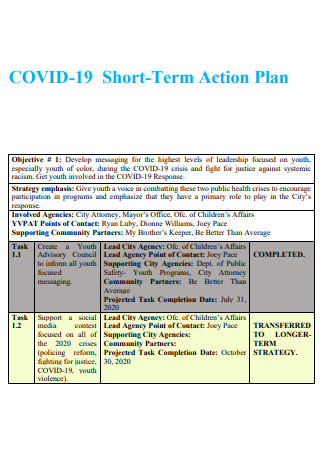
Covid-19 Short Term Action Plan
download now -
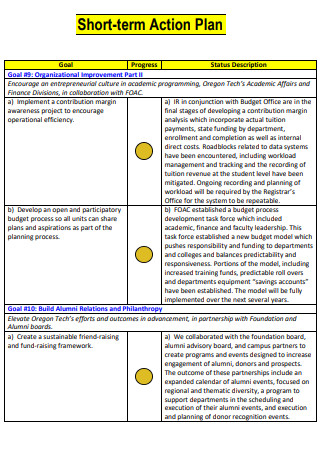
Simple Short Term Action Plan
download now -
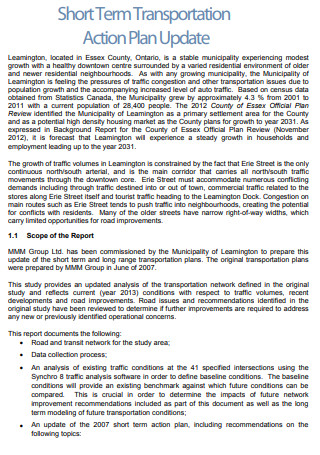
Short Term Transportation Action Plan
download now -
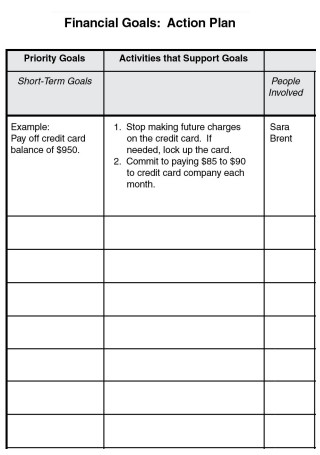
Short Term Financial Action Plan
download now -
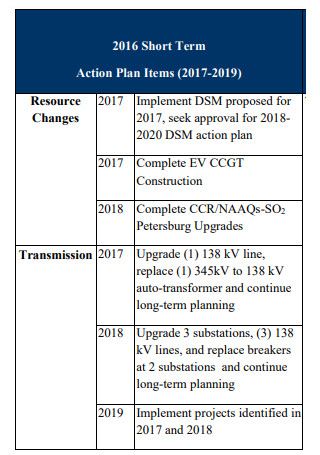
Editable Short Term Action Plan
download now -

Short Term Corporate Action Plan
download now -

30 Day Short Term Action Plan
download now -
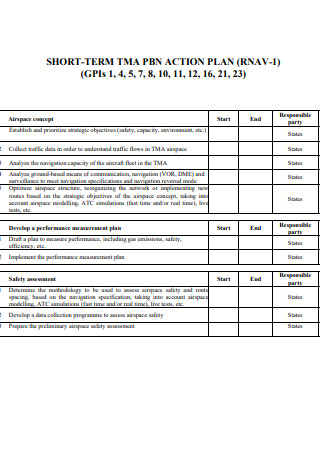
Short Term Action Plan Format
download now -
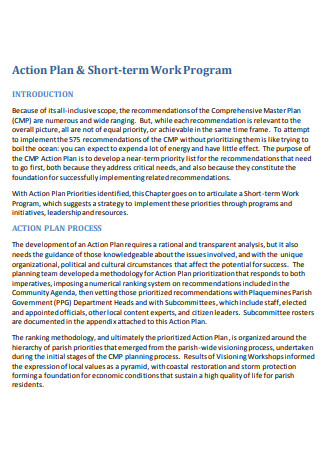
Short Term Work Action Plan
download now -
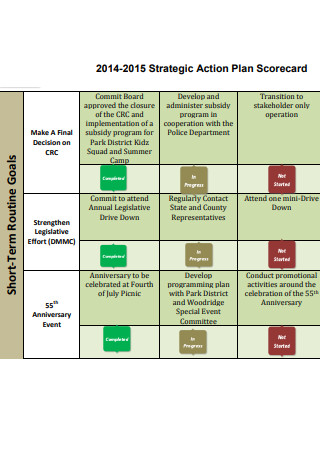
Short Term Strategic Action Plan
download now -

Short Term Career Action Plan
download now
FREE Short Term Action Plan s to Download
28+ SAMPLE Short Term Action Plan
a Short Term Action Plan?
Benefits of Short Term Plans
Tips To Plan Wisely
How To Set Short Term Plans
FAQs
Why is planning essential to an organization’s success?
Is planning for the long term important?
What are the immediate objectives of digital marketing?
What Is a Short Term Action Plan?
A short-term action plan aims to guide achieving the defined corporate goals and objectives, increased revenue, and enhanced bottom-line profitability. In addition, it is necessary to strategically improve a management team’s operational efficiency, establish attainable company milestones and goals, and identify target market prospects while increasing bottom-line profitability. According to statistics, only 41% of businesses were prepared for the future in terms of succession planning.
Benefits of Short Term Plans
Establishing short-term goals that are relevant, attainable, easily measurable, and time-bound is the key to achieving most of your dreams, whether personal, financial, or professional. If you want to improve yourself somehow, you should create a plan and divide it into manageable chunks to work towards achieving it. You can use short-term goals to help you see where you’re headed along the way, so you don’t get sidetracked before you reach your long-term objectives. Among the specific advantages of setting and achieving short-term plans are:
Tips To Plan Wisely
In a market as demanding as today’s, one of the most significant challenges for most entrepreneurs is how to get enough done and how to retain a sense of balance without becoming overworked. This is not simply about constantly pursuing and attaining goals. This also pertains to the quality of life. Harmony is vital. If you lack balance, you will experience tension. Even if you can juggle your duties effectively, you will eventually hit your breaking point without perfect balance. Consequently, it is essential to adhere to a system that helps you get things done and one that prioritizes personal and family time. Don’t disregard these items as you pursue your larger objectives. In light of this, the following are five essential time management ideas for getting the proverbial job done.
1. Adequately set objectives.
There are proper and improper ways to set goals. If you do not set your goals correctly, you will lack the appropriate targets, which will cause you to veer off course. But when they are put up correctly, the sky is the limit. Utilize the SMART goal-setting process to ensure success. And when you do create these objectives, ensure that you have profound reasons for wanting to achieve them.
2. Find an effective time management method.
One of the ideas for time management is to implement the appropriate system. Probably the most efficient time management strategy is the quadrant system. It divides your tasks into four quadrants based on their relevance and urgency. Things are either urgent, significant, neither, or neither. The items you should avoid are neither, but the activities in the not-urgent but essential are what you should prioritize.
3. Audit your time for seven consecutive days.
Spend seven consecutive days evaluating how you now spend your time. What are you up to? Note it in a diary or on your mobile device. Divide this into 30- or 60-minute intervals. What did you get done? Was the time lost? Was it spent wisely? If using the quadrant system, circle or record the quadrant associated with the action. After the week, total up all the numbers. Where have you spent most of your time? Which quadrants? The results may surprise you.
4. Plan email response times and remove poor practices
Turn off your email for the day. It is easy to become distracted while emails pour in—schedule time for email reading and response. If something is urgent, you will receive a phone call or text message. But while you have your email open, these interruptions disrupt your train of thought and make it more challenging to get back on track. Additionally, one of the worst time-wasters we have is unhealthy habits. These negative habits consume the limited time, whether binge-watching Netflix, obsessively browsing social media, playing video games, frequenting bars with pals, etc. If you’re serious about reaching your life’s most important objectives, you should use your time wisely by eliminating undesirable habits.
5. Take frequent pauses while on your task.
According to one study, you should work for 52 minutes and take a 17-minute rest. You may not have the means to do so. However, it would help if you took regular pauses. This is essential if you are an entrepreneur working for yourself. It is simple to operate on fumes without realizing it. Maintain optimum mental, emotional, and physical states by taking frequent breaks.
How To Set Short Term Plans
Goal-setting can be an integral element of one’s career development journey. Short-term objectives are essential for enhancing proficiencies and developing skills reasonably. Having goals that complement your daily responsibilities can significantly positively impact your long-term career ambitions. In this section, we will demonstrate how to create short-term plans. Here are the steps involved.
1. Consider the areas in which you wish to attain achievement.
The first step in defining short-term objectives is to consider the areas you desire more achievement in your life. Consider areas that you believe might benefit goal setting, then devise quantitative techniques for assessing progress. These categories should be those you know you can achieve tremendous success. You may choose something generically applicable, such as time management, or something specific to your job, such as employing a particular software brand. Try to identify all areas of your life that you wish to improve to extract your short-term objectives from various categories. By considering both professional and personal factors, it may be possible to attain success in multiple areas simultaneously. For instance, while becoming more organized can help you become a more efficient employee, you can also improve your punctuality by shortening your morning routine by utilizing the same abilities.
2. Determine the abilities or traits you wish to acquire or enhance
Identify, for each area, the talents and characteristics you could develop or enhance to attain success in the short term. You should select specific concepts that you are familiar with to understand how they impact your daily life. Ensure that you consider the practical applications of the traits you wish to cultivate. Consider as many situations as possible in which you believe acquiring new qualities would be advantageous. You can even have objectives that require making new goals, as long as you understand how this activity contributes to your everyday life. You can also calibrate your short-term objectives in various time intervals, such as individual accomplishments within a specified time frame or consistently increasing milestones.
3. Prioritize subjects based on when you need to advance.
Prioritize your subjects based on the amount of time you believe you will need to benefit relative to the possible impact of your accomplishments significantly. Short-term objectives with immediate gains are preferable, but you should also assess the effort you’ll need to make before those gains become tangible. Consider what a beneficial shift may entail for you in that context. Your top priorities frequently correlate with your current job scenario. For instance, spending three months and five hours a week using a graphic design tool at home could help you build fundamental skills applicable to most sectors. The effects might not be as evident if you used the same amount of time to teach yourself a specialist 3D animation software that is easier to master with guided instruction. More abstract or less reachable objectives are often better suited as the basis for a long-term goal with more exact limits.
4. Consider activities that could constitute a short-term objective.
Once you have your ranked list of topics, consider a few related tasks that could compose your short-term objectives. It will help if you choose activities that generate forward momentum or a positive shift in behavior. Ensure that these are chores you can envision yourself undertaking consistently and that they do not require a significant deviation from your regular schedule. Generally, it is easier to implement tiny, incremental changes for more global objectives, such as boosting your capacity to concentrate or your output. Many short-term goals involve activities outside of the office, frequently at home. For instance, if your short-term objective is to minimize your job-related stress, you would likely want to do so in a more pleasant environment. This may involve taking a meditation class or going to bed earlier. When identifying goal-related tasks, remember to consider the physical location.
5. Utilize the identified tasks to develop SMART goals.
You can use the tasks you’ve identified to develop SMART objectives. Ensure that you adhere to these rules when accomplishing your short-term goals. For instance, obtaining a new degree is a concrete, measurable, and time-bound objective, but it may not be realistic or appropriate for your situation. Getting a new degree could be feasible if it is a two-year associate degree program and relevant if your company wants to fund the tuition if you work at a job you enjoy.
FAQs
Why is planning essential to an organization’s success?
Planning and organizing help you do your work accurately and avoid costly errors. Planning and organizing your job improves your efficiency and output. In addition to being well-organized and establishing successful strategies, achieving essential goals and objectives is also made possible by being well-prepared.
Is planning for the long term important?
Long-term planning is essential for closing the gap between your organization’s current state and its desired future state. Beginning with strategic planning is an effective technique for establishing and implementing future-oriented plans for the firm.
What are the immediate objectives of digital marketing?
Your short-term marketing objectives can be achieved in a day or a month, but they usually serve as a foundation for your long-term strategy. PPC allows you to place ads on a platform and pay a modest charge to that platform each time your ad is clicked. Your website’s primary objective is conversions, of course.
Short-term plans act as checkpoints on the path to obtaining lifelong aspirations. They help you determine how far you have driven and how much further you must go to achieve your objective. Download our easily customizable and printable samples of Short-Term Action Plans to assist you in achieving this objective.
